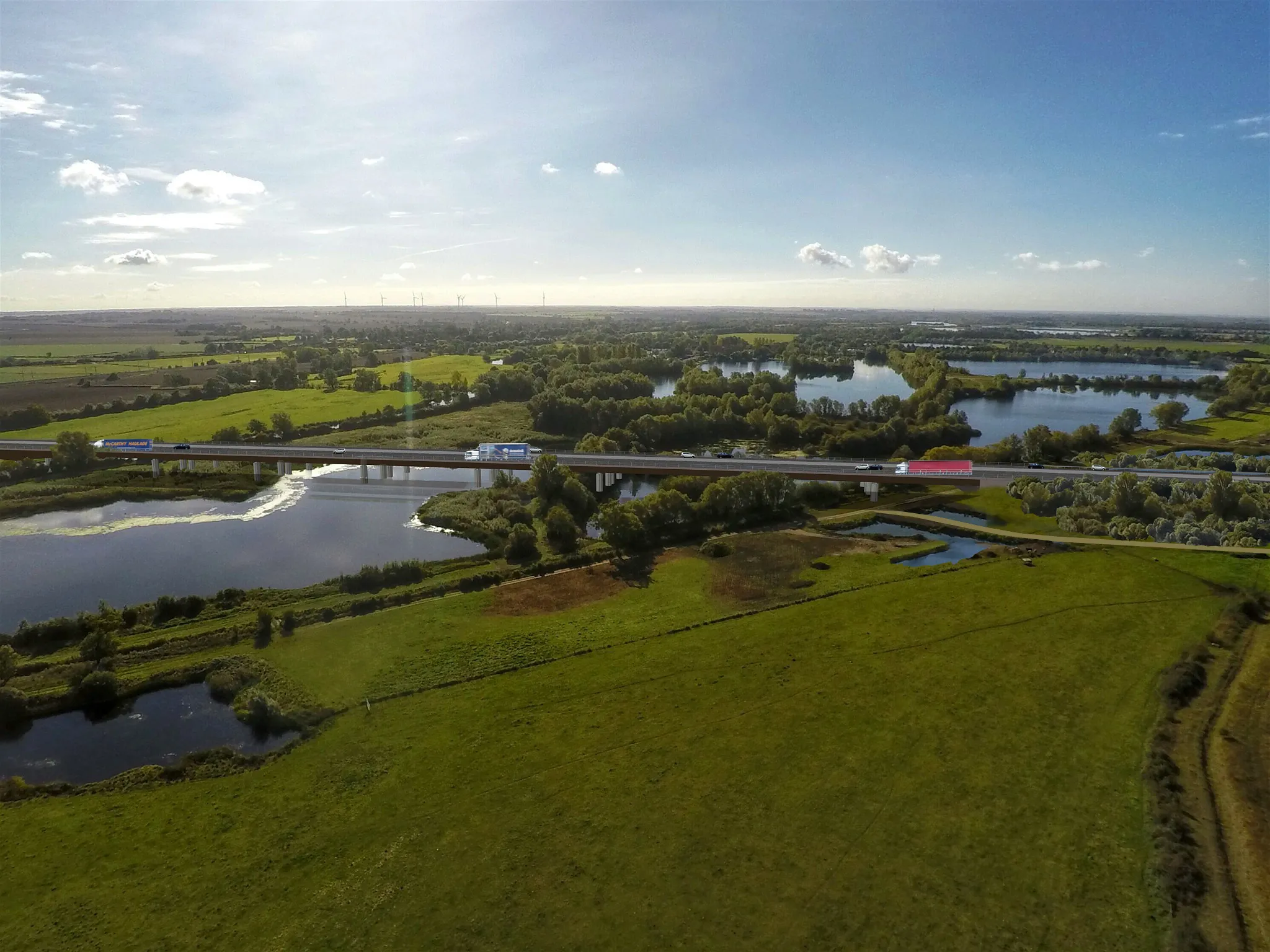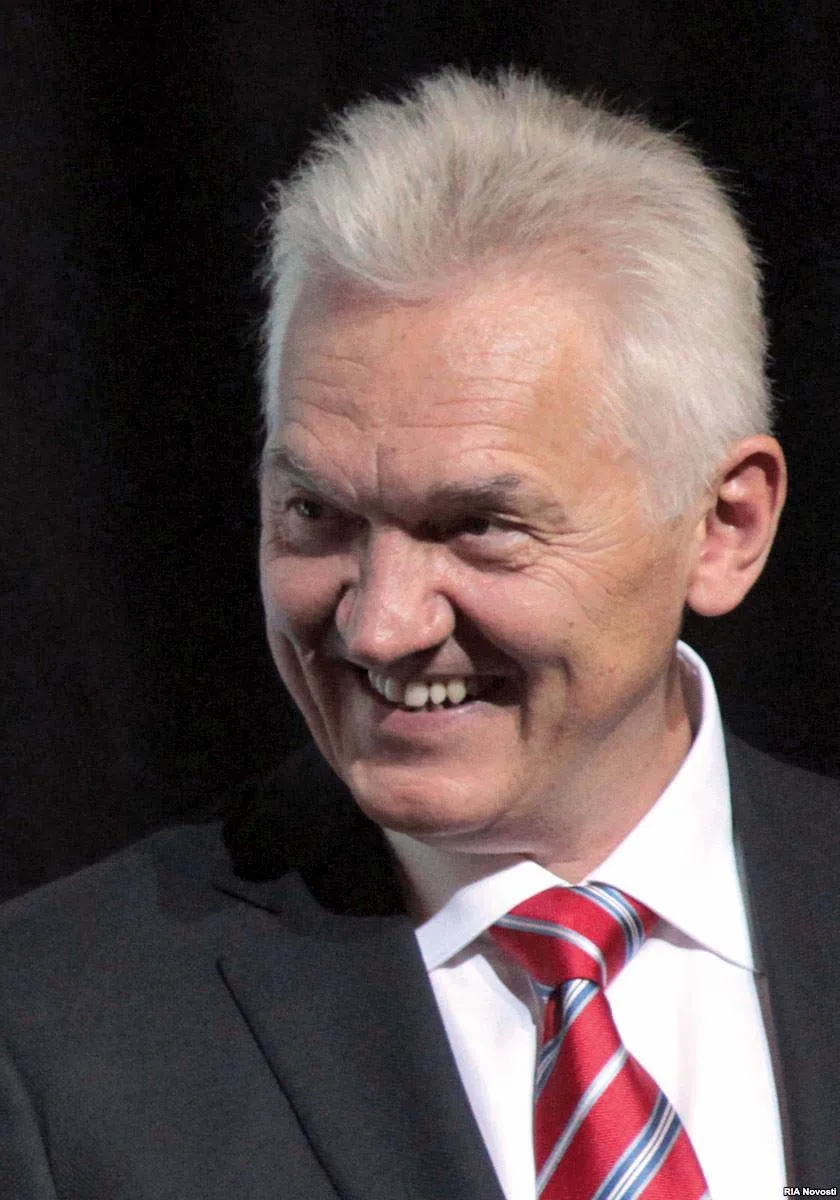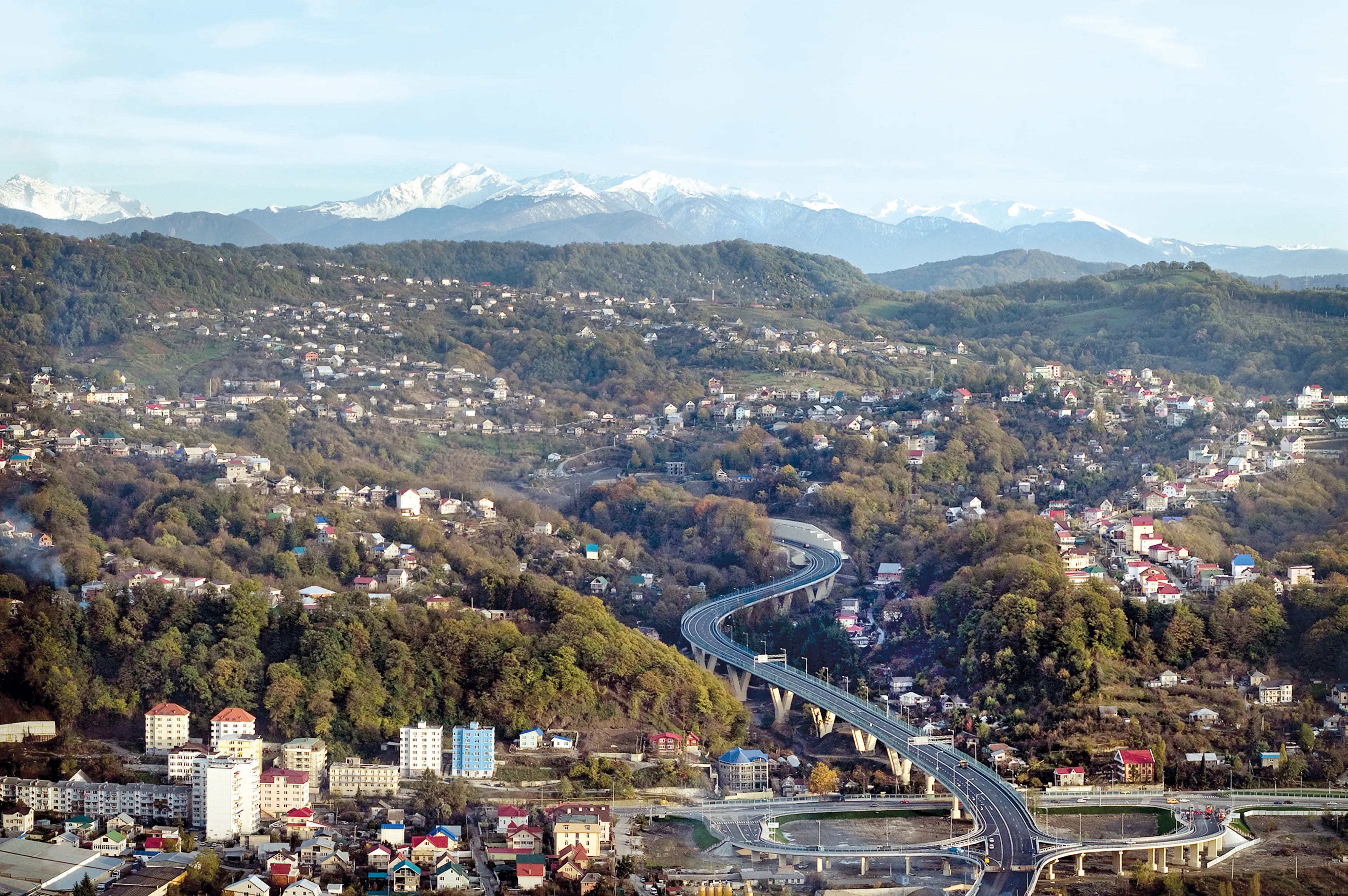Work is now starting on the first construction phase of US Route 219 from Somerset to Meyersdale in Somerset County, Pennsylvania. The project will see the route widened to four lanes, with the work being constructed through three main contracts and taking an estimated five years to build. The project is expected to improve safety along a 17km stretch of US219. The work includes two new interchanges, one at the Mason Dixon Highway and the other at Mud Pike. The project was originally conceived in the 1970s
August 28, 2013
Read time: 2 mins
Work is now starting on the first construction phase of US Route 219 from Somerset to Meyersdale in Somerset County, Pennsylvania. The project will see the route widened to four lanes, with the work being constructed through three main contracts and taking an estimated five years to build. The project is expected to improve safety along a 17km stretch of US219. The work includes two new interchanges, one at the Mason Dixon Highway and the other at Mud Pike. The project was originally conceived in the 1970s but the planning was delayed until 1992 when 4907 PennDOT conducted a study determining the need for an expansion between the PA Turnpike in Somerset to I-68 in Maryland. The most immediate need identified was for the four lane Meyersdale Bypass project.
The first phase will be earthmoving, which is expected to cost US$121 million and will take three years to complete. This contract is being handled by the Joseph B Fay Company and requires moving around 7.85 million m3 of material, grading the roadway template, and installing the drainage for the majority of the 17km corridor. The second phase of construction is for structures which is expected to cost $92 million, will include building 10 bridges and should take two years to complete. The third phase will be the paving of the highway and is estimated to cost $53 million, with work beginning in 2016 and taking around two years to complete.
The first phase will be earthmoving, which is expected to cost US$121 million and will take three years to complete. This contract is being handled by the Joseph B Fay Company and requires moving around 7.85 million m3 of material, grading the roadway template, and installing the drainage for the majority of the 17km corridor. The second phase of construction is for structures which is expected to cost $92 million, will include building 10 bridges and should take two years to complete. The third phase will be the paving of the highway and is estimated to cost $53 million, with work beginning in 2016 and taking around two years to complete.









